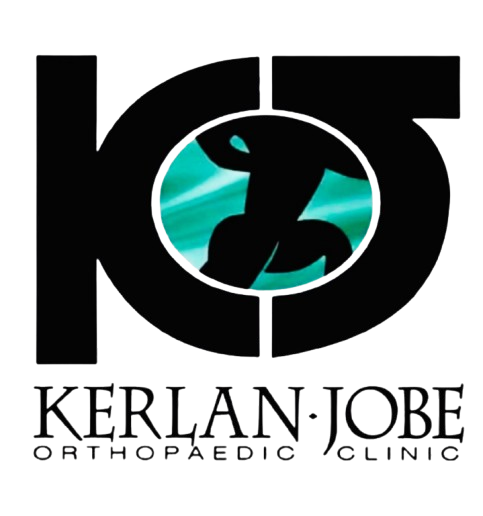What Is Rotator Cuff Tendinopathy?
Rotator cuff tendinopathy refers to degenerative changes in the tendons of the rotator cuff — most commonly the supraspinatus tendon — due to chronic overuse, aging, or altered biomechanics. Unlike a full tear, tendinopathy involves tendon thickening, microtears, and fraying rather than complete rupture.
It is often considered a precursor to a rotator cuff tear and is one of the most frequent causes of shoulder pain in adults, especially those involved in repetitive overhead work or athletics.
Causes and Risk Factors
-
Repetitive overhead motions, such as painting, lifting, swimming, or throwing
-
Age-related tendon wear (common after age 40)
-
Shoulder impingement leading to increased tendon stress
-
Poor posture or scapular instability
-
Inadequate warm-up or poor training technique
-
Previous shoulder injuries
Symptoms
-
Dull or aching pain on the outer part of the shoulder
-
Pain worsens with overhead activities or reaching behind the back
-
Night pain, particularly when lying on the affected side
-
Gradual weakness and stiffness
-
Loss of mobility if not addressed early
Diagnosis
-
Clinical evaluation and shoulder strength testing
-
Impingement tests (e.g., Neer and Hawkins-Kennedy)
-
Ultrasound or MRI to evaluate tendon thickening or degeneration
-
X-rays to assess acromial shape or calcification near the tendon
Treatment
Non-Surgical Treatment
-
Rest and activity modification
-
Ice and oral anti-inflammatory medications
-
Physical therapy focused on:
-
Rotator cuff and scapular stabilizer strengthening
-
Posture correction
-
Stretching tight shoulder structures
-
-
Therapeutic modalities such as ultrasound therapy or dry needling
-
Subacromial corticosteroid injections if inflammation is severe
Surgical Treatment
-
Reserved for cases unresponsive to conservative therapy over several months
-
Arthroscopic debridement to remove degenerated tissue
-
Subacromial decompression if mechanical impingement is contributing
-
If partial tearing is present, rotator cuff repair may be indicated
Recovery Outlook
-
Most patients improve significantly with conservative care
-
Recovery timeline varies:
-
Mild cases may resolve within 6–12 weeks
-
Chronic or more advanced cases may take 3–6 months
-
-
Surgery, when needed, typically allows full recovery within 4 to 6 months, depending on procedure and healing
Why Kerlan Jobe Institute?
At Kerlan Jobe Institute, our team understands the complexity of shoulder biomechanics and tendon health. We offer individualized, non-surgical rehabilitation programs and advanced surgical solutions tailored to the specific stage of rotator cuff disease — helping patients return to their activities with restored shoulder function.

